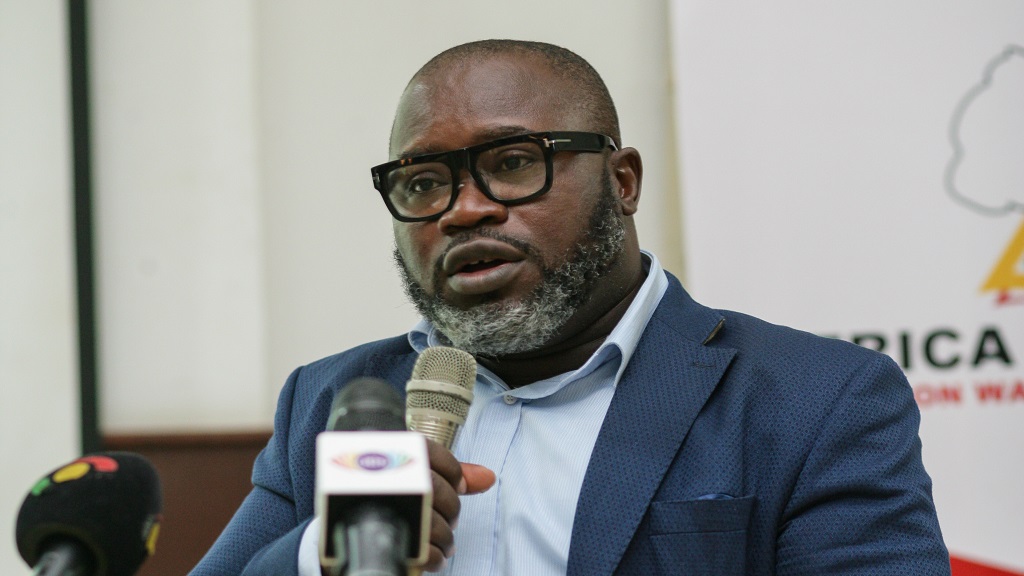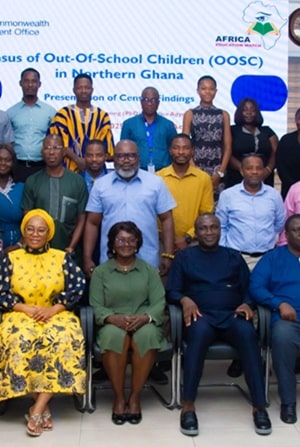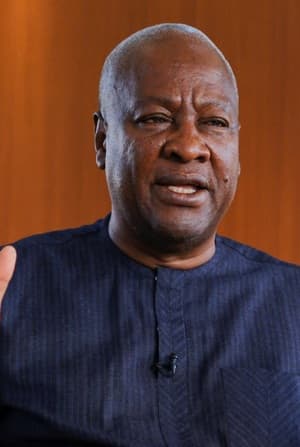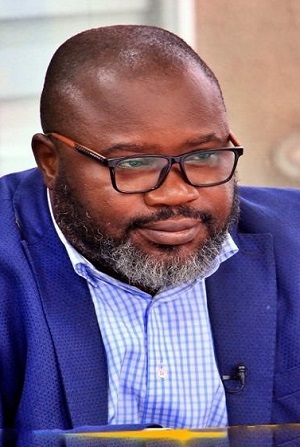
Speech Delivered By Executive Director Of Africa Education Watch On The Occasion Of A Research Convening
Mr. Chairman,
Representative of the Hon. Deputy Minister of Education,
Distinguished stakeholders,
We appreciate that government continues to demonstrate its commitment to FCUBE, through the Capitation Grant, provision of education infrastructure, School Feeding Programmes among others. Between 2017 and 2021, over GHC 65 billion has been committed through various budgetary allocations and expenditure in the education sector, with another GHC 17 billion earmarked for 2022 within a COVID-19 era where nations are cutting down on social expenditure. These are significant investments worthy of acknowledgement.
In spite of these, there remain critical equity and exclusion issues in our education sector. The distribution of education resources and learning outcomes continue to discriminate against rural and slum public schools.
This imbalance is a scar on poor children’s right to education and continues to derail Ghana’s efforts at ensuring all children of school going age enrol and complete the full course of basic education by 2030 irrespective of their geographical location or socio-economic status.
In 2008, I was part of a team that conducted research into the rural urban divide and its impact on quality basic education in Ghana. Sadly, the findings of that research are not different from todays study; we are still grappling with basic issues like the lack of trained teachers in rural classrooms, over concentration of teachers in urban schools, lack of textbooks and poor quality of school infrastructure. Infact, there are even over 5,400 schools under trees.
This situation is persisting among others, due to the inadequate financing of public basic education over the years. Twelve years ago, basic education was receiving 55% of the education expenditure; since then, this has been reducing by the years. As of 2019, basic education’s share of the sector’s expenditure had reduced to 39%. That’s more than a 15% reduction. Declining investments will always attract declining quality of learning outcomes.
Mr. Chairman, let me give a simple analogy of how depriving rural and slum schools of the needed education resources affects learning outcomes, deepens socio-economic inequalities and entrenches inter-generational poverty of the rural and urban poor.
To begin with, it is an undeniable fact that the poor are the patrons of Ghana’s public basic schools, and majority of the poor live in rural Ghana. I will use Zabzugu and Adenta municipality for this analogy.
Today, a child born in Zabzugu, a rural district located in Northern Ghana will be educated in a district where there are 55 primary schools with only 261 teachers, meaning a deficit of 124 teachers in primary schools alone.
On the flip side, another child born in Adenta will be educated in a Municipality where there are only 18 public primary schools with 363 teachers, meaning a surplus of over 200 teachers.
It goes without saying that the Zabzugu child is 70% likely to enrol in a school under a tree, shed, or a dilapidated mud building without seats and writing places, whereas the Adenta one will enjoy a concrete school building with desks. When it rains, one child will go home, while the other continues to learn.
In the final analysis, after eleven years of schooling, only 1.9 % of the Zabzugu children scored Aggerate 6-30 in the BECE of 2019; compared to 72% of Adenta’s children scoring same in that year. I mean 72% against 1.9%.
Due to the poor foundation built through poor investments, the inequality continues to the secondary school level where there are two main SHSs in these districts-Zabzugu SHS in Zabzugu and the West African SHS, popularly called WASS in Adenta which is also a day school attended by many students around Adenta.
While the average WASSCE pass rate for WASS was 19% between 2017-2019, that of Zabzugu SHS was only 0.2 %. I mean only 0.2% obtained A1-C6 in the three core and electives that qualifies one for tertiary.
This is the sad reality of how deprivation affects learning outcomes and deepens poverty and inequality in deprived communities who wake up daily to till the soil and feed the nation.
As a nation, we must change this narrative if we are serious about using education as a tool for social re-engineering and reducing social inequalities. We must be more concerned about the equitable distribution of quality education to the poorest and most vulnerable in our society than pride ourselves in the numbers which favour urban schools and discriminate against slum and rural public schools.
We must change our education financing system to focus more on public basic education, especially in deprived communities.
We must change our teacher deployment system and make it more equitable.
We must change our teaching and learning materials distribution and replacement system and make it more responsive to rural schools.
We must change our school infrastructure development system and make it more equitable.
We must begin to measure our success based on how many children we are able to provide teachers for in deprived districts; how many schools under tress we are able to eliminate, how many textbooks we are able to provide for deprived schools, how many students from deprived districts are improving their math and English proficiency levels and how many students from districts like Zabzugu are passing BECE and WASSCE.
And most importantly, we must increase basic education’s share of the education sector expenditure to at least 50%, while ensuring spending efficiency.
These must be our Key Performance Indicators if we are to achieve the SDGs by 2030.
Thank You.



















